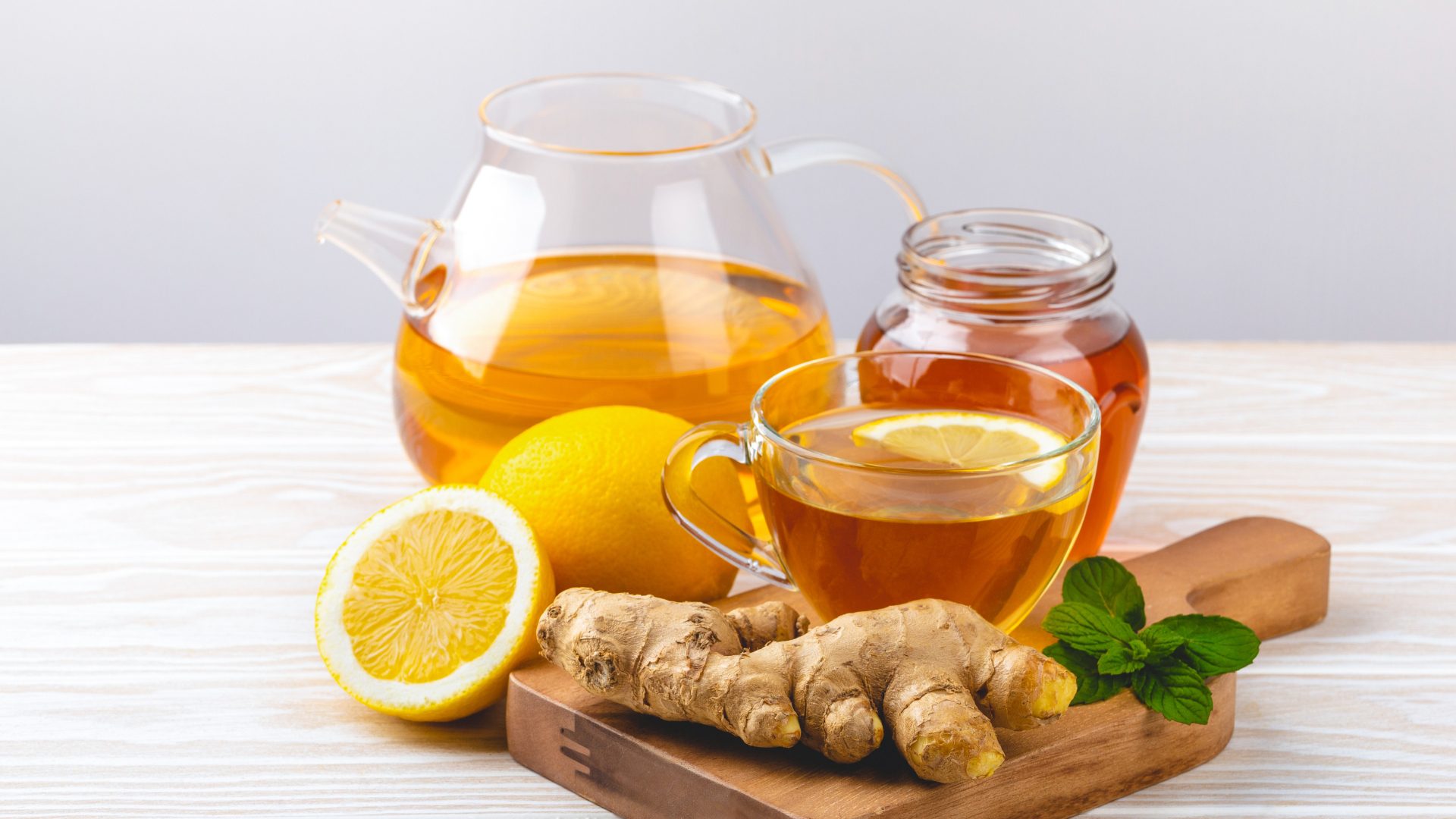
When it comes to natural remedies, ginger tea and tulsi (holy basil) tea are among the most popular choices for improving digestion, boosting immunity, and supporting overall health. Both have unique properties and offer numerous benefits, making them valuable additions to your daily routine.
Table of Contents
Benefits of Ginger Tea
Ginger tea is made from fresh or dried ginger root and is well-known for its digestive properties. It helps:
-
Reduce bloating and gas
-
Relieve nausea and motion sickness
-
Stimulate digestion and improve nutrient absorption
-
Reduce inflammation due to its anti-inflammatory compounds
Additionally, ginger tea can support immunity by fighting infections and improving circulation, making it an excellent choice during cold and flu season.
Benefits of Tulsi Tea
Tulsi tea, made from the leaves of the holy basil plant, is a staple in Ayurvedic medicine. Its benefits include:
-
Boosting immunity and fighting bacterial or viral infections
-
Reducing stress and improving mental clarity due to its adaptogenic properties
-
Supporting respiratory health and relieving cold or cough symptoms
-
Enhancing digestion and maintaining gut health
Tulsi tea is also rich in antioxidants, which help combat free radicals and promote overall wellness.
Comparing Ginger Tea and Tulsi Tea
-
Digestion: Ginger tea has a slight edge due to its direct effect on the digestive system and ability to relieve nausea.
-
Immunity: Both teas boost immunity, but tulsi’s adaptogenic and antiviral properties make it slightly more versatile.
-
Overall Health: Regular consumption of either tea can promote general wellness. For stress relief, tulsi may be preferred; for digestive support, ginger is excellent.
How to Include Them in Your Routine
-
Drink 1–2 cups daily of either tea.
-
Combine them occasionally for a ginger-tulsi blend to get the benefits of both.
-
Sweeten naturally with honey instead of sugar for added health benefits.
Both ginger tea and tulsi tea are natural, healthy options that can support digestion, immunity, and overall health. Choosing between them depends on your specific health goals. Ideally, incorporating both into your routine at different times can provide a well-rounded approach to wellness.


